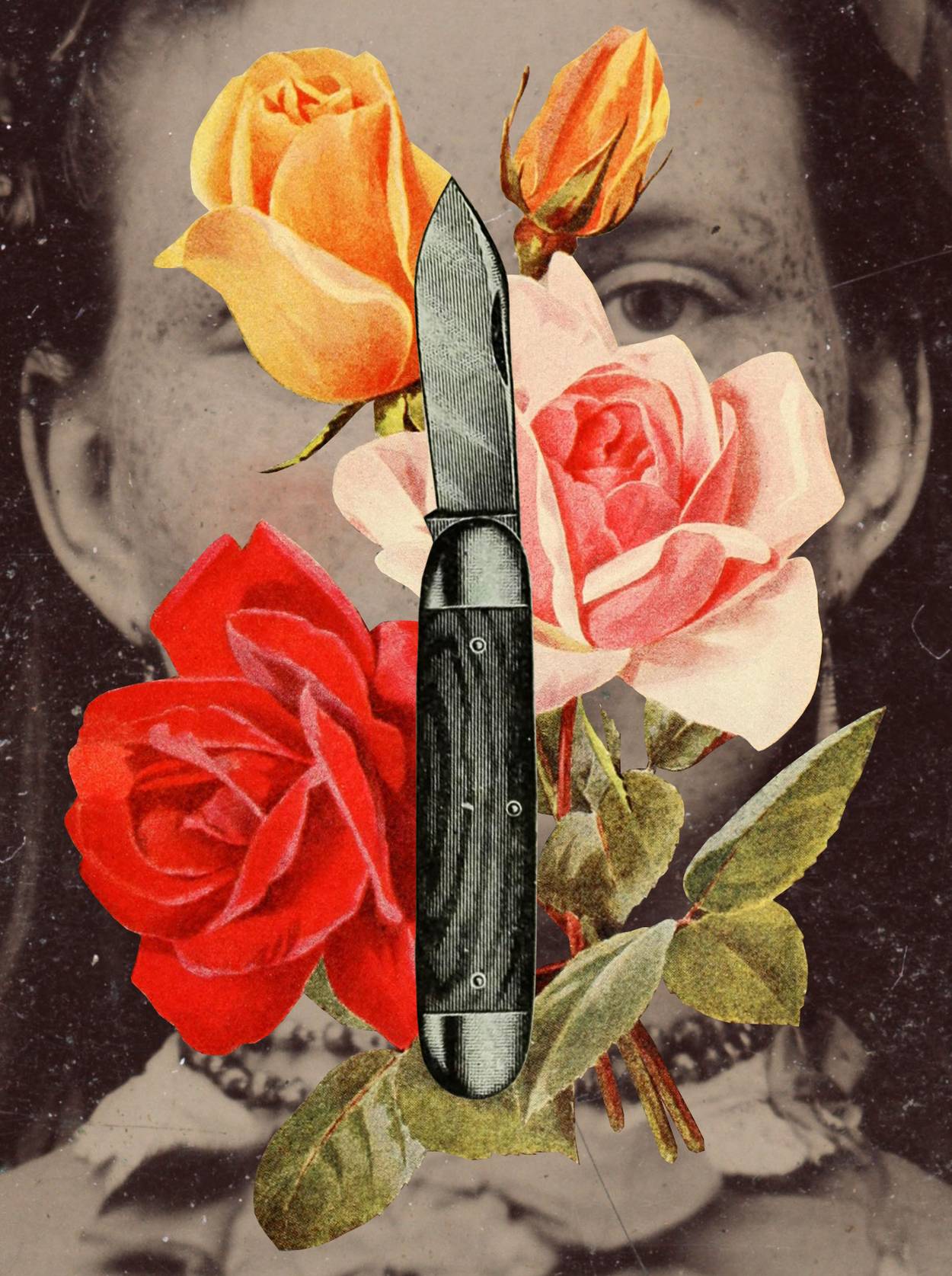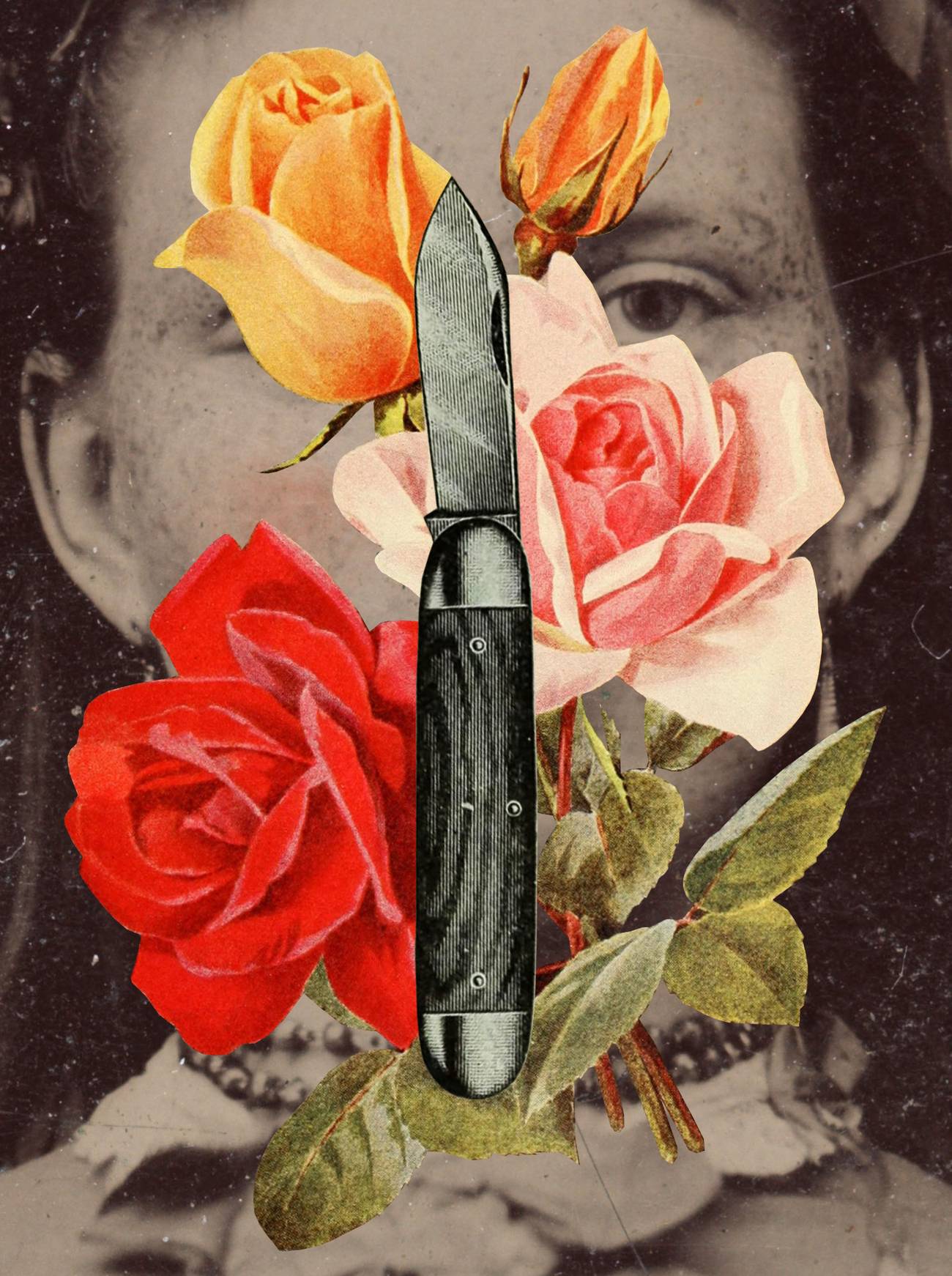Slaughterman’s Daughter
Sholem Aleichem meets Tarantino in a new novel set in the Polish shtetl that blends feminism, Zionism, and sword fights




From the perspective of today’s New York or Tel Aviv, Jewish life in a 19th-century Polish village appears impossibly narrow. How could there be any scope for passion or adventure in a world bounded by a few square miles, not to mention by tradition, poverty, and persecution? Indeed, things felt that way at the time, at least to many Yiddish writers. Sholem Aleichem’s ramshackle novel “Wandering Stars,” first serialized in a Warsaw newspaper in 1909-11, offers a fantasy that must have appealed to many small-town readers: A pair of young lovers watch their shtetl burn down, then run away to join a theater troupe and travel the world.
In The Slaughterman’s Daughter, Israeli novelist Yaniv Iczkovits brings his own brand of adventure to late-19th-century Poland by mashing up genres that usually keep to themselves. The picaresque tale of a young woman who embarks on a dangerous journey to find her missing brother-in-law, it combines martial arts bloodbath and Gogolian satire, feminist fantasy, and Zionist parable. That last element is especially notable as the book, a prizewinner in Israel in 2015, makes its American debut in an engaging English translation by Orr Scharf.
There are no Zionists in Iczkovits’ tale, and the movement is spoken of in dismissive terms: “Those who dream of Palestine inevitably end up dying of malaria,” observes one character, a czarist secret policeman. But the novel reprises, in an antic key, one of the central ideas of early Zionism: that diaspora Jewry suffered from its physical passivity, its unwillingness to take up arms and fight. Among the surprising achievements of the State of Israel was to transform the world’s image of Jews from hapless victims to brave and resourceful warriors—though the world doesn’t necessarily like the new version any better. In this sense, Iczkovits’ adventurous Jews are Zionists whether they realize it or not.
The first chapter of The Slaughterman’s Daughter introduces us to Mende Speismann, an abandoned wife, or agunah, whose husband, Zvi-Meir, has run off from their poor village of Motal to the big city, Minsk. Her plight isn’t unusual—she reads letters from other agunot in the Hebrew newspapers, begging for information about their missing husbands. But Mende is stoic, refusing to complain or ask for help. She won’t even take time off for herself on her birthday, as her family urges: “She is not an adventurous woman. How far might Mende venture on her festive day? From the cucumber stand to the radish stall, if she really tests her limits.”
But Mende ends up surprising herself. Seized by a sudden, uncontrollable urge, she rushes to the market and spends all her hard-earned savings on luxuries, especially good cuts of beef, which she stuffs into her mouth before they’re even cooked. Then she jumps into the river, apparently intending to commit suicide. It’s a powerful and disturbing scene, hinting at how much frustrated vitality and passion there is in the shtetl, just waiting for an opportunity to break out.
As it turns out, this episode is just the overture to an even bigger story of rebellion. After Mende is rescued and lapses into a deep depression, her sister Fanny Keismann decides to track down Zvi-Meir herself, and bring him home. She owes it to her sister, but still more, she longs for a chance to step out of the passive domestic role of a Jewish wife and mother. Like Don Quixote, Fanny Keismann yearns to go on a noble quest, to right the world’s wrongs: “Every affliction that occurs in one place is made possible by its silent acceptance elsewhere … And there isn’t a single Jewish woman who is prepared to go out of her way to fix it,” she rages.
Fortunately, Fanny is endowed with what amounts to a superpower. The daughter of a shochet, a kosher slaughterer, as a young girl she insisted that her father teach her the trade. This caused a local scandal, earning her a reputation as a vilde chaye, a wild animal. But when Fanny steals away from home in the middle of the night, headed for Minsk, it’s a good thing she has a trusty blade strapped to her thigh. Before long she has to use it to defend herself from bandits, leaving three of them dead on the road with their esophagus and trachea neatly sliced: “Pleased with the kosher slaughter she has just performed, she returns the knife to its sheath,” Iczkovits writes.
Suddenly we are in a Tarantino movie, with Fanny as a Yiddish version of the Bride, Uma Thurman’s sword-wielding avenger in the Kill Bill movies. There’s no room in a traditional Jewish community for such martial prowess, Iczkovits observes—“not due to their being spineless or faint-hearted, but rather by virtue of their reason and pragmatism.” As a hated, outnumbered minority, Eastern European Jews developed an ethos of meekness and minding their own business. Motal’s rabbi tries to inculcate this spirit in Fanny: “If there is something to sell to the gentiles or to buy from them in order to make a living, so much the better—but this is where the line between them and us is drawn. We share with them the same soil but not the same world.”
But Fanny’s transformation suggests that there’s a potential warrior lurking inside every docile Jew. To unleash it, all they need is to escape the Jewish community—or be exiled from it. That’s the backstory of the traveling companions Fanny soon picks up: Zizek Breshov, a taciturn giant who works as a boatman, and the innkeeper, Patrick Adamsky. Born in Motal as Yoshke Berkowitz and Pesach Avramson, as young boys they were chosen by the town elders to fill the quota of army recruits demanded of every Jewish community by the czarist government. Naturally, it was sons from poor and powerless families who usually got selected for this duty, which effectively meant permanent exile. Soldiers enlisted for 30-year terms and were forced to convert to Christianity, so even if they survived they couldn’t come back home.
Once news of the murdered bandits makes it to the authorities, the trio find themselves on the run, with a drunken schnorrer of a cantor in tow for comic relief. They are being tracked by another major character, Colonel Piotr Novak, a secret policeman who becomes convinced the murders must be linked to a political conspiracy—perhaps led by Zvi-Meir, the object of their quest. Why else would a Jewish woman turn into a skilled assassin?
Iczkovits is less concerned with building a credible plot, however, than with piling stories upon stories. With comic gusto, he tells us about how the drunken cantor falls in love with “Olga,” a broomstick with a wig on top; about Zizek’s early days cleaning latrines in the army, described in disgusting but loving detail; and about Novak’s cynical maneuvers in a police state that appears more buffoonish than menacing. When the main plot is finally resolved, it happens in a rather unsatisfying rush, as if Iczkovits feels impatient at having to wrap things up.
Throughout, The Slaughterman’s Daughter keeps Zionist themes in view. How should Jews relate to their own bodies, to politics, to military discipline? Can they ever really unlearn the fear Novak observes in them: “What is it with these Jews? Why are they always waiting for the next catastrophe? Why are they always bracing themselves for disaster?” This Jewish anxiety is a trait that the State of Israel, for all its power, hasn’t done away with—which makes fearless heroines like Fanny Keismann all the more necessary.
Adam Kirsch is a poet and literary critic, whose books include The People and the Books: 18 Classics of Jewish Literature.